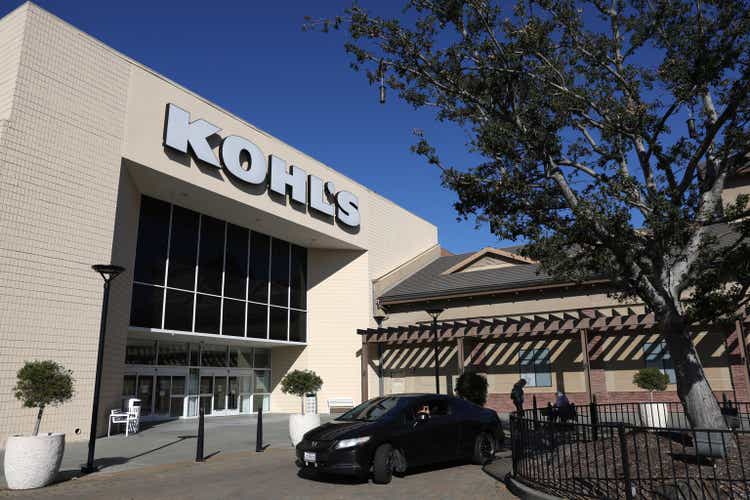Why von der Leyen’s nomination kick-starts the EU election campaign
Unlock the Editor’s Digest for free
Roula Khalaf, Editor of the FT, selects her favourite stories in this weekly newsletter.
This article is an on-site version of our Europe Express newsletter. Sign up here to get the newsletter sent straight to your inbox every weekday and Saturday morning
Good morning. This past weekend’s Munich Security Conference, traditionally a showpiece of transatlantic unity, was instead dominated by two non-attendees seeking to divide the west: Vladimir Putin and Donald Trump. Here’s our write-up from the Hotel Bayerischer Hof.
I bring you the ramifications of Ursula von der Leyen’s nomination later today to run for another term as European Commission president, and our environment correspondent explains why muckraking is the new demand from irate farmers.
She’s running
The worst-kept secret in Brussels will be revealed today, as Ursula von der Leyen accepts the backing of her German CDU party to run for a second term as European Commission president.
Context: Von der Leyen has run the EU’s executive since 2019. Her term ends this winter. Her centre-right European People’s party is forecast to win the most seats at June’s EU elections. The biggest party gets the right to nominate the next commission president.
Last night the CDU bigwigs dined in Berlin, and this morning they will formally mark their cards with von der Leyen’s name. The news will be made official just after midday.
While von der Leyen herself has kept her counsel, most EU officials and diplomats have long worked on the assumption that she’ll run for another five years. Most are preparing for the reality that she’ll get a second term, too, given the EPP’s decent lead in the polls and the lack of alternative candidates.
Barring an electoral collapse by the EPP between now and the June 6-9 vote, von der Leyen will need to win the support of a qualified majority of EU leaders and then an absolute majority of the newly elected European parliament.
The former should be a breeze. With the exception of Hungary’s Viktor Orbán, few expect any significant opposition from the bloc’s 27 leaders. Some have already endorsed her for a second term, almost all of the others either like her, respect her or begrudgingly accept her ability to get things done.
Parliament will be trickier. While the electoral maths will fluctuate between now and the election date, the current polls forecast that the three largest pro-EU groups — EPP, Socialists and Liberals — may only just muster enough seats. That may mean she needs outside help from some parties further on the (far) right.
The parliamentary arithmetic explains her recent green-deal gymnastics, such as ditching a demand for farmers to cut their pesticide use in half. Paring back the environmental bonanza that secured her first term to appease the more populist right could create the necessary safety buffer.
But pledges to increase support for Europe’s defence industry and boost the bloc’s competitiveness should keep her core supporters happy enough.
Don’t expect to see von der Leyen spending all her weekends between now and June knocking on doors and handing out leaflets; she does have a day job to do. But make no mistake, the real election campaign starts now.
Chart du jour: Go west
The US is luring a record amount of capital investment from German companies attracted by its strong economy and lucrative tax incentives, just as conditions worsen in China, their largest trading partner.
Deep manure
The Dutch are renewing a plea for Brussels to allow farmers to use manure-based fertilisers as part of an EU-wide effort to placate the agricultural sector, writes Alice Hancock.
Context: Farmers have been protesting across the EU over the past month. High costs, the burden of environmental regulation, competition from cheap imports and cuts to fuel subsidies are among their list of woes. In response, the EU has already watered down some of its green rules.
The European Commission is due to present further papers looking at ways to lessen farmers’ administrative burden this week, ahead of a meeting of agriculture ministers on February 26.
The same day, more than 1,000 farmers are set to roll into Brussels — some in tractors, some on foot — for more protests.
Mark Rutte, acting prime minister of the Netherlands, sent a letter to Ursula von der Leyen on Friday, seen by the Financial Times, asking the commission to rethink the Nitrates Directive, which bans the use of fertiliser made from processed animal manure above 170kg per hectare per year in areas already polluted by nitrates.
The directive aims to counter high concentrations of nitrates from manure, which pollute water and harm biodiversity.
Rutte, however, said that raising the 170kg threshold would help farmers cut their reliance on chemical fertilisers in a “win-win” for farmers and the environment.
“The shift from synthetic to biobased fertilisers will increase the open strategic autonomy of the EU agricultural sector and reduce the exposure of farmers to price shocks due to geopolitical instability,” Rutte said.
What to watch today
-
EU foreign affairs ministers meet, joined by Yulia Navalnaya, wife of Alexei Navalny.
-
Informal meeting of EU tourism ministers.
Now read these
Recommended newsletters for you
Britain after Brexit — Keep up to date with the latest developments as the UK economy adjusts to life outside the EU. Sign up here
Chris Giles on Central Banks — Your essential guide to money, interest rates, inflation and what central banks are thinking. Sign up here
Are you enjoying Europe Express? Sign up here to have it delivered straight to your inbox every workday at 7am CET and on Saturdays at noon CET. Do tell us what you think, we love to hear from you: europe.express@ft.com. Keep up with the latest European stories @FT Europe




